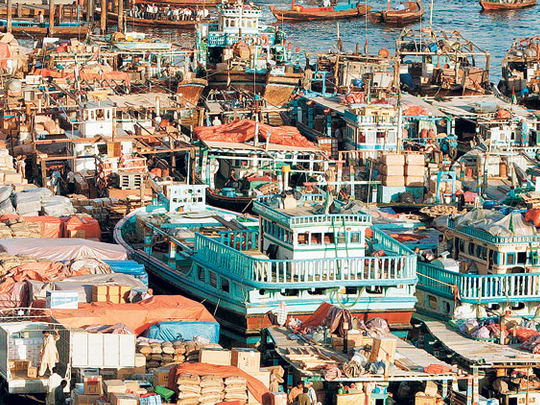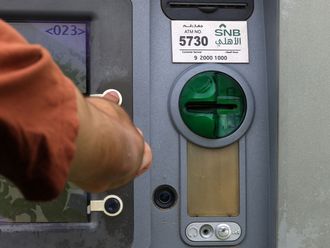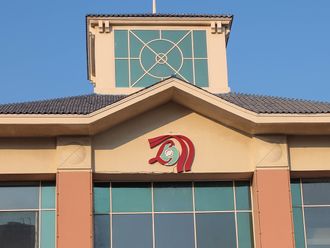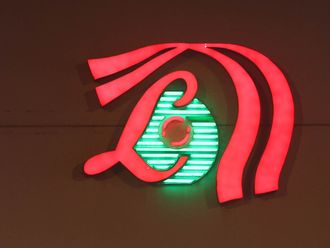
Dubai: Owners of United Arab Emirates-based trading dhows, facing a wave of pirate attacks, have boycotted trade with Somalia, using their economic leverage there to help free their ships.
The roughly week-long embargo, which began at the end of March, contributed to a rise in goods prices in Somalia and has so far helped to secure the release of six captured dhows, a shipowner and an exporter said.
Between March 27 and March 28, Somali pirates went on a hijacking spree, capturing eight Emirates-based dhows in an unprecedented sweep of the small wooden trading ships.
Frequent incidents
"Before, there were single incidents... [every] two months, three months, they [pirates] take one launch or one ship, then they release" them, said Jagdip Ayachi, speaking in the cabin of the Narsang, one of his three dhows.
Another of Indian national Ayachi's ships, the Shivsagar, was also in port on the Dubai Creek. The third, the Sea Queen, was captured on March 27 and released about eight days later.
Because of the hijackings, "we lose so much money, we waste our time, we waste our voyage," he said.
A spokesman for the Bahrain-based Combined Maritime Forces said that approximately 10 dhows were hijacked between March 23 and April 6.
"We do believe the number of attacks has increased over previous years," he said.
Abdi Hassan, the general manager of Mogadishu Shipping and Cargo, which hires UAE dhows to take goods to Somalia, described the scale of recent hijackings as unprecedented.
"Before... [pirates were] not catching eight to nine at one time," he said. Pirates previously captured "maybe one or two at a time. So this time, it's a very big problem for business."
Losses
"We are losing freight, we are losing... diesel, we are losing expenses and we are losing time," said Hassan. A ship he chartered was captured in the recent hijackings.
Both Ayachi and Hassan said currently calm seas make successful hijackings easier, but said trading dhows are usually not captured, as they bring food and other much-needed goods to war-torn Somalia.
Dhow owners met on March 29 in Dubai to discuss how to respond to the pirate attacks, Ayachi said.
The owners "all took a decision together" to stop shipping to Somalia, "to pressure... exporters and the Somali government," he said.
"If they don't get the food, if they don't get the general cargo, they have [to work] to release our launches."
After the embargo began, Ayachi said, UAE-based Somali exporters started negotiations to secure the release of the ships.
Hassan said he and other exporters contacted members of the business community in Somalia, who then contacted the government in Mogadishu to request that it intervene with the pirates to release the captured ships.
"Still, there are negotiations on how to solve this problem," he said.
The talks have already produced results. The pirates began releasing ships around six days after the embargo began, Ayachi said.












